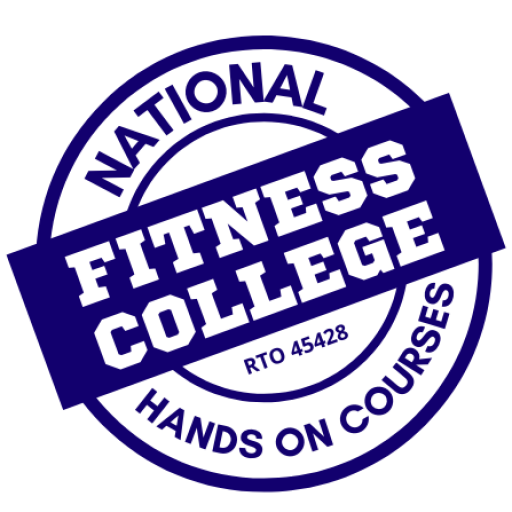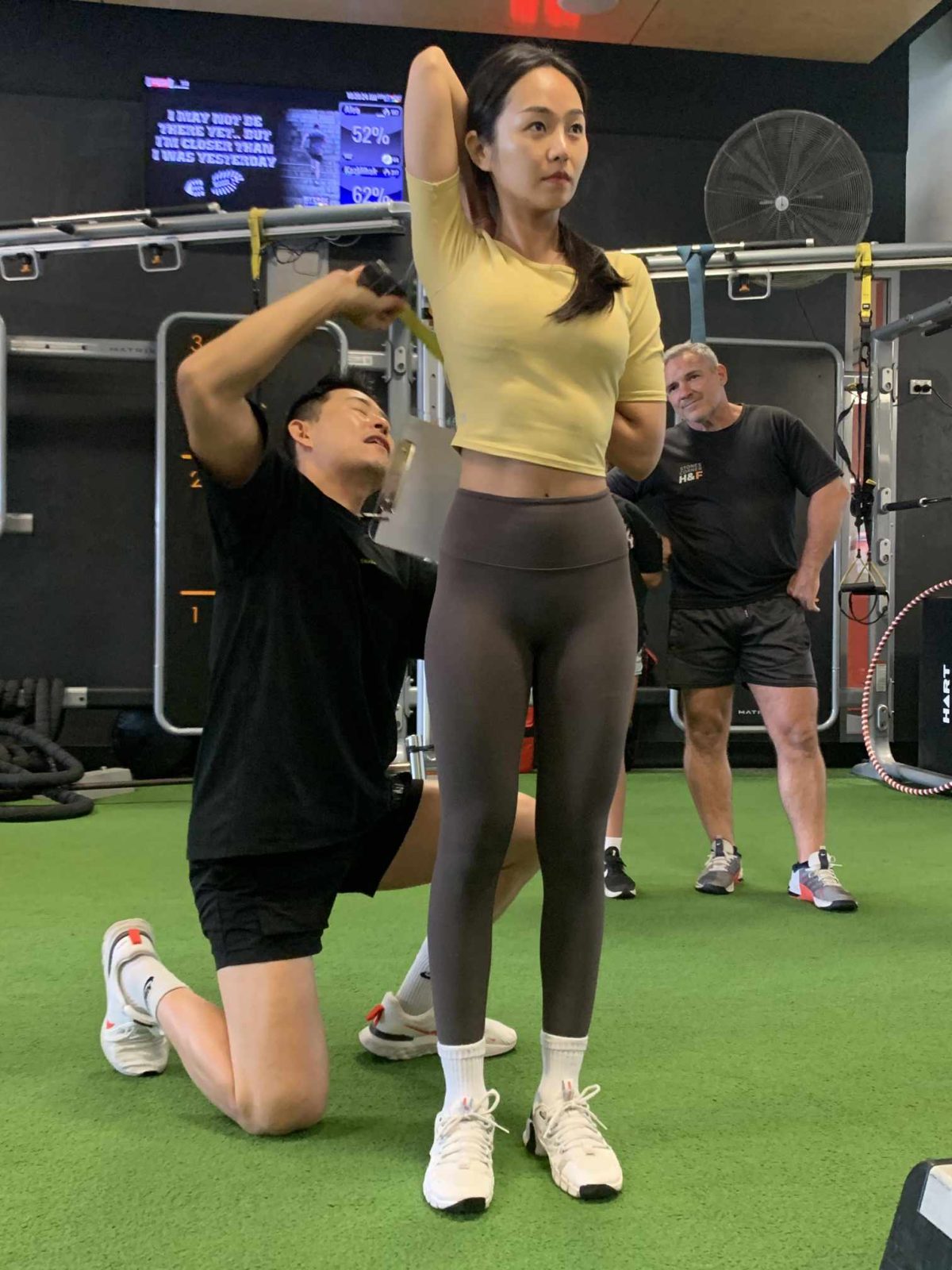Becoming a successful personal trainer involves more than just knowing how to work out. It requires a well-rounded set of skills and knowledge areas that help you effectively guide clients to reach their personal fitness goals. For those looking into building a career in personal training, understanding these essential skills can make a significant difference.
The first essential skill is strong communication and interpersonal abilities. Being able to connect with clients, understand their needs, and motivate them is crucial. Clients come from various backgrounds and fitness levels, and having great communication skills helps you to build trust and maintain a positive relationship.
Another important area is a deep understanding of exercise science and program design. This involves knowing how different exercises affect the body and how to create workout plans that meet individual goals. Whether it’s building muscle, losing weight, or improving cardiovascular health, your knowledge in exercise science will allow you to design effective and safe programs for your clients.
Knowledge of nutrition and lifestyle coaching is also key. Nutrition plays an important role in fitness, and being able to provide basic dietary advice can enhance your clients’ results. Additionally, lifestyle coaching helps address factors like stress, daily habits and sleep, which can impact overall well-being.
Business acumen and professional development are necessary for a long-term successful career. This includes understanding how to manage your business, attract clients, and continue your education in the ever-evolving fitness industry. Building a solid foundation in these skills ensures that you can deliver high-quality services while growing your personal training career.
Strong Communication and Interpersonal Skills
One of the most important skills for personal trainers is strong communication. Effective communication allows you to clearly explain exercises, provide feedback, and motivate clients. Good communication is not just about talking, but also about listening. Understanding your client’s goals, concerns, and preferences helps to create a tailored fitness plan that meets their unique needs.
Interpersonal skills are equally important. Building rapport with clients establishes trust and confidence in your abilities as a trainer. When clients feel comfortable and supported by their trainer, they are more likely to stay committed to their own fitness journey. Positive relationships can lead to better retention rates and more referrals.
Additionally, being adaptable in your communication style is crucial. Each client is different; some may need more encouragement, while others prefer straightforward instructions. Adjusting your approach based on the client’s personality and communication style can make sessions more effective and enjoyable.
Deep Understanding of Exercise Science and Program Design
To be an effective personal trainer, a deep understanding of exercise science and program design is essential. Exercise science covers the study of how physical activity affects the body. This includes knowledge of anatomy, physiology, and biomechanics. Understanding these concepts helps you design safe and effective workout programs.
Creating a tailored program involves more than just choosing exercises. It requires an understanding of how different exercises impact muscle groups, cardiovascular health, and overall fitness. By knowing how to balance various types of workouts, you can help your clients achieve specific goals like strength building, weight loss, or endurance training.
A well-designed program also takes into account the client’s current fitness level, any previous injuries, and their personal goals. Knowing how to modify exercises ensures that workouts remain challenging yet safe. This personalised approach can lead to better results and higher client satisfaction.
Knowledge of Nutrition and Lifestyle Coaching
Understanding nutrition is a core component of being an effective personal trainer. While exercise plays a significant role in health and fitness, nutrition is equally important. Knowing the basics of nutrition helps you provide clients with essential advice on healthy eating habits. You can help them understand the impact of food choices on their fitness goals, whether it’s building muscle, losing weight, or improving overall health.
Lifestyle coaching goes hand-in-hand with nutrition knowledge. Many clients require guidance beyond physical exercise to achieve their goals. Lifestyle factors such as sleep, stress management, and work-life balance can greatly affect fitness outcomes. Being able to advise clients on these aspects helps them create a holistic approach to their health and wellbeing.
Practical tips for incorporating lifestyle coaching include stress reduction techniques, time management advice, and sleep improvement strategies. These tools can be integrated into your training sessions or provided as additional resources. Effective lifestyle coaching empowers clients to make positive changes, supporting their fitness journey in a more comprehensive way.
Business Acumen and Professional Development
A successful career as a personal trainer requires business acumen and a commitment to professional development. Running your own personal training business involves more than just training clients; it requires skills in marketing, client management, and financial planning. Understanding how to market your services helps attract new clients and grow your business.
Client management includes keeping track of client progress, scheduling sessions, and maintaining clear communication. Efficient client management software or systems can streamline these tasks, allowing you to focus more on delivering high-quality training. Financial planning is also crucial; knowing how to budget, set pricing, manage client payments and manage expenses ensures your business remains profitable.
Continuous professional development is key to staying current in the ever-evolving fitness industry. Attending workshops, earning additional certifications, and staying updated with the latest research helps enhance your skills and knowledge. This not only benefits your clients but also sets you apart as a credible and knowledgeable trainer.
Conclusion
Building a successful career as a personal trainer involves mastering a diverse set of skills and knowledge areas. From strong communication and interpersonal skills to a deep understanding of exercise science and program design, each aspect plays a crucial role in effectively helping clients reach their fitness goals. Knowledge of nutrition and lifestyle coaching adds a holistic approach to your training services, while business acumen and ongoing professional development ensure long-term success and growth in your career.
Investing time and effort into developing these key skills will make you a more versatile and competent trainer. It will also enhance your ability to provide high-quality, personalised services to your clients. If you’re ready to take the next step in your fitness career, consider the range of training programs offered by the National Fitness College. These programs are designed to equip you with the essential skills and knowledge needed to thrive in the fitness industry.
Elevate your passion for fitness by enrolling in a fitness instructor course at National Fitness College. Start building your personal trainer toolkit now and set the foundation for a successful and fulfilling career. Visit our website to explore our programs and discover how we can help you reach your professional aspirations.
Share this Post

